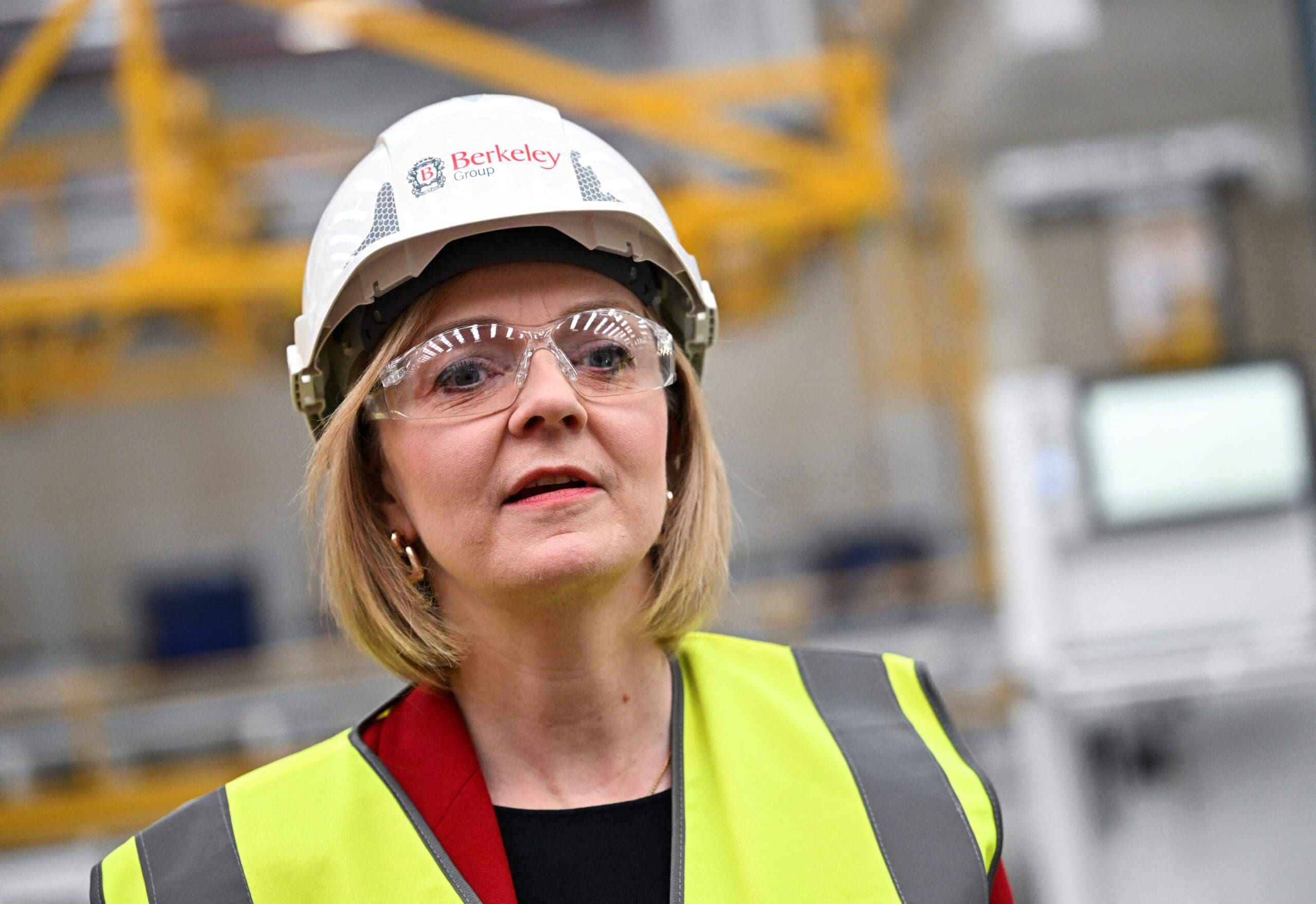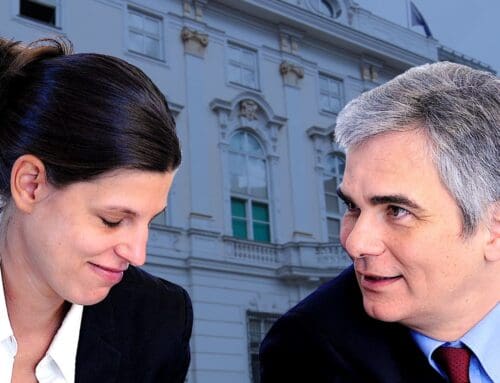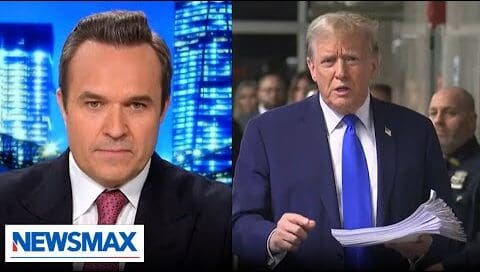
Conservative British Prime Minister Sticks By Pro-Growth Tax Cut Plan After Establishment Criticism
British Prime Minister Liz Truss defended her government’s move to cut taxes and regulations following criticism from international financial institutions.
The new Conservative Party government led by Truss recently cancelled a rise in the corporate tax rate, cut the basic income tax rate to 19%, and launched discussions about special economic zones in multiple regions of the United Kingdom. In response, the International Monetary Fund (IMF) issued a rare rebuke of the economic growth plan, arguing that “large and untargeted fiscal packages” are harmful as the Bank of England works to control inflation.
Truss nevertheless doubled down on her plan in a series of interviews with local BBC radio stations. “I understand that families are struggling with their fuel bills, and we had to take urgent action to get our economy growing, get Britain moving, and also deal with inflation,” she said. “And of course, that means taking controversial and difficult decisions. But I’m prepared to do that as prime minister, because what’s important to me is that we get our economy moving.”
The government also introduced a proposal limiting the annual cost of power for a typical household to £2,500 over the next two years in response to soaring energy prices — a policy that follows the Energy Bills Support Scheme, which will remove £400 from citizens’ power bills each month over the upcoming winter. Truss has also pushed higher oil production, eliminated Britain’s prohibition on fracking, and established the goal of rendering the country a net exporter of energy by 2040.
The British pound fell on foreign exchange markets earlier this week as investors worried about the government’s fiscal stability jettisoned assets. After the Bank of England intervened by purchasing government bonds, however, the exchange rate saw a partial rebound.
“A lot of the measures that we’ve announced won’t happen overnight. We won’t see the growth come through overnight,” Truss continued. “But what’s important is that we’re putting this country on a better trajectory for the long term.”
The Bank of England hiked target interest rates from 1.75% to 2.25% this week — a move intended to cut inflation by dampening economic activity. Tax cuts stimulate markets by increasing disposable income for consumers and businesses.
Truss added that the announcement of her growth agenda “has made sure that people and businesses will be paying lower taxes,” as well as “opened up new road projects, new infrastructure projects, which will mean that we can get on with doing the things that will help people whether it’s getting to work, setting up their own business and growing the economy.”
Other members of the Conservative Party likewise rebutted the IMF sentiment, arguing that the organization’s philosophy has produced stagnation in recent years. “The IMF has consistently advocated highly conventional economic policies. It is following this approach that has produced years of slow growth and weak productivity,” David Frost, an ally of Truss and a former leader in Brexit negotiations, explained. “The only way forward for Britain is lower taxes, spending restraint, and significant economic reform.”
Member states of the European Union, which Britain left two years ago, subscribe to the official goal of becoming “a climate-neutral society” by 2050. In contrast to Truss’ promotion of higher nonrenewable energy production, European Commission President Ursula von der Leyen recently called for the elimination of fossil fuel dependence, even as energy prices in some nations increase more than twentyfold.







